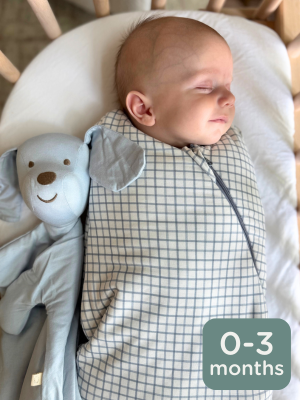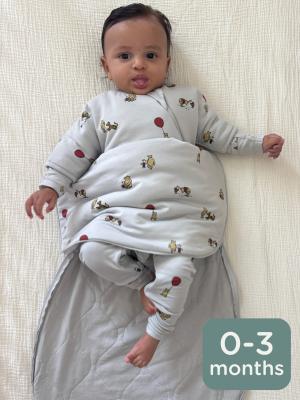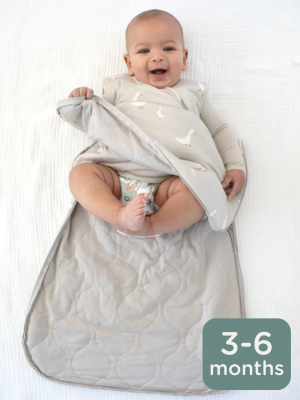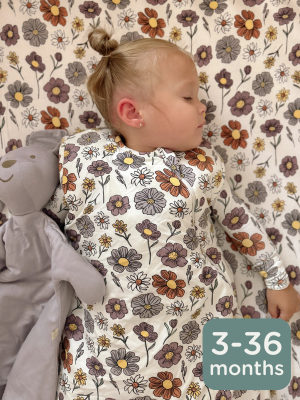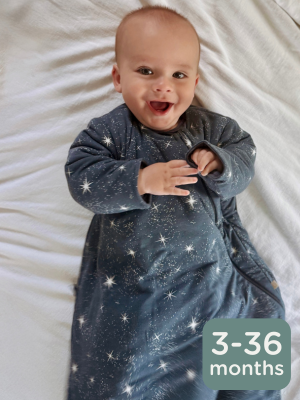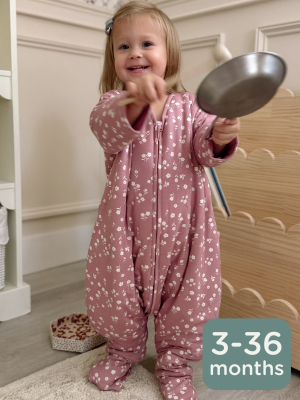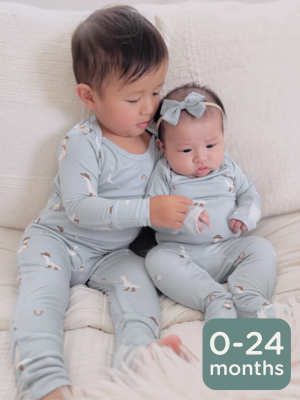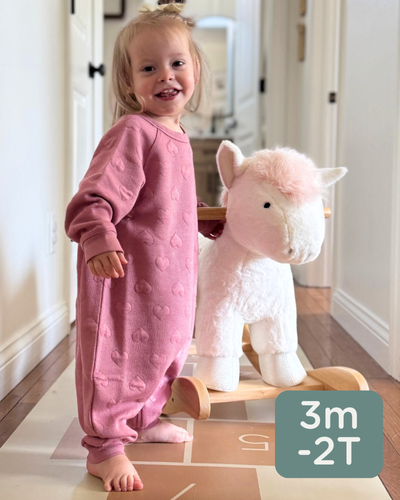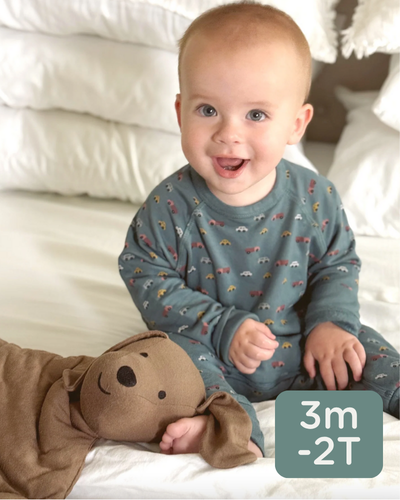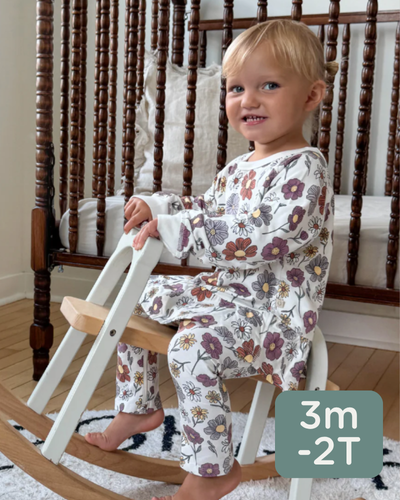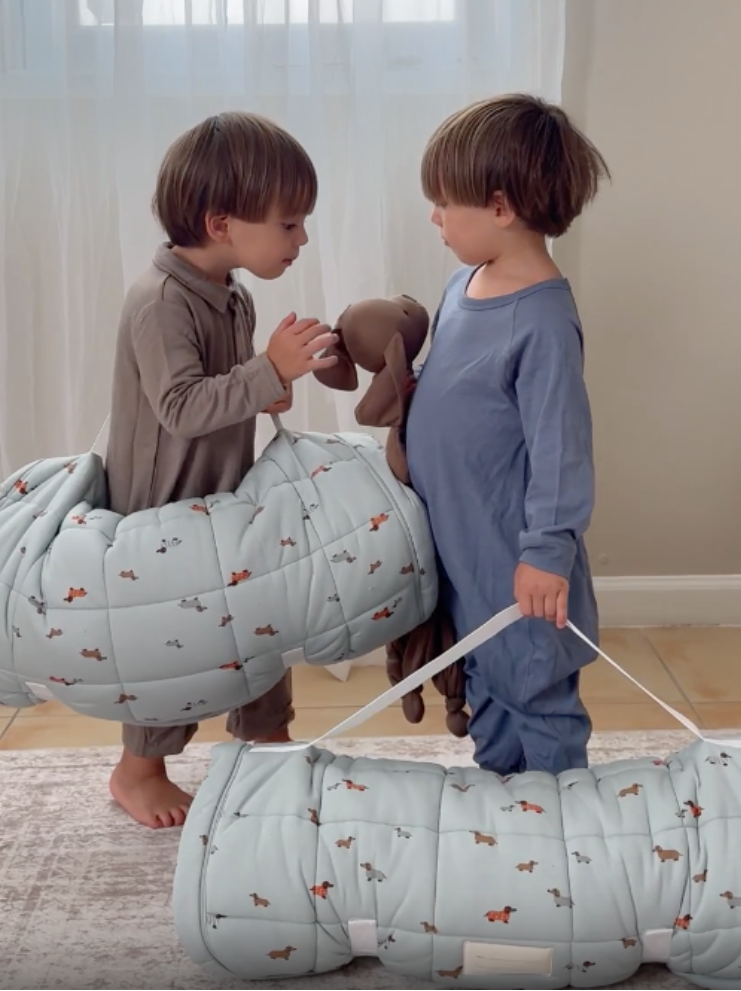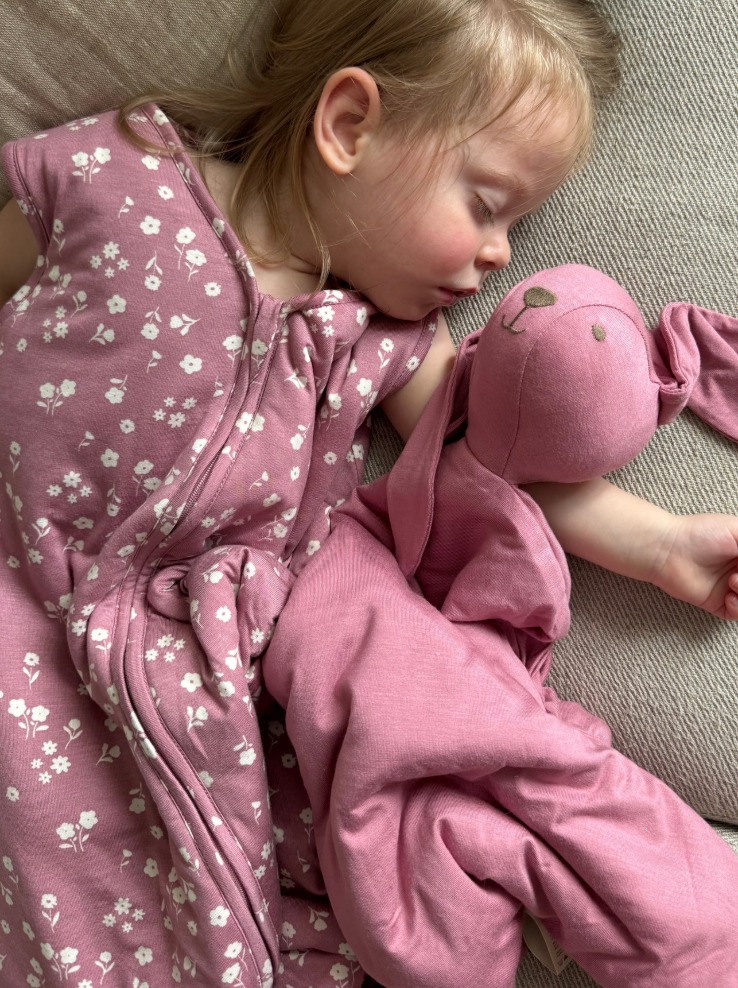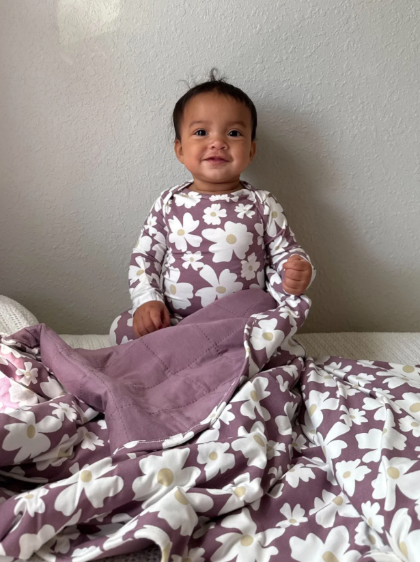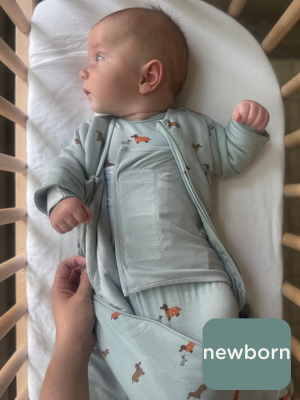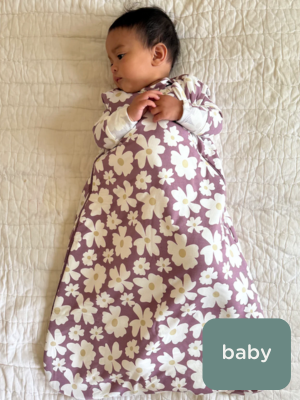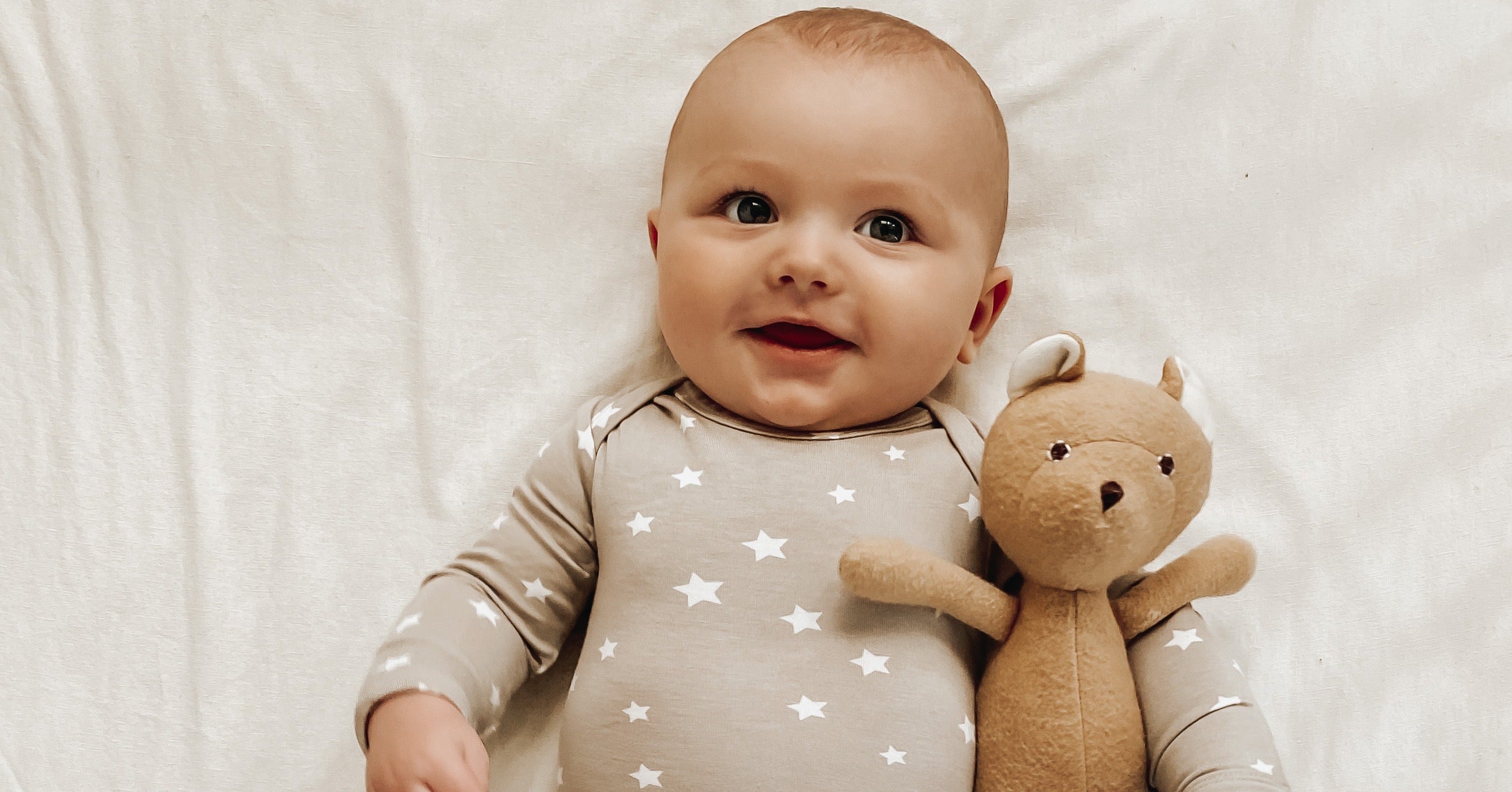Parenting is tough, we KNOW! I remember the days of searching for the best resources when I became a mom. The best way to raise a reader is to BE a reader. If I’m not taking care of my babies or writing, you can find me reading books…mostly on parenting. I can’t get enough! I’ve read the good, the not so good, and the GREAT. These are the best three parenting books for new parents or parents looking for extra advice that I’ve read so far, and each one has truly improved my relationship with my daughters.
Brain Rules for Baby: How to Raise a Smart and Happy Child from Zero to Five, by John Medina
I want to stand on top of rooftops with a megaphone and tell all parents to READ THIS BOOK. I have read it cover to cover multiple times and frequently cite Medina's writing in my work. I’ve read excerpts out loud to my students, my husband, and my family. All of my friends who are new parents have received a copy of this book. I even emailed the author to thank him for his work! It’s that good.
Medina is a genius, (a developmental molecular biologist, to be exact) and the information and advice he offers parents is simple and so important. My favorite chapter is the one on relationships. Medina explains why it is so important for your child to see that you and your partner have a healthy relationship. Even babies are deeply affected by your stress levels and know when loved ones are fighting. It’s really eye opening! I also love his advice on helping your baby and toddler learn by making music together, going outside, and rewarding curiosity. Read this book! Give a copy to every parent and teacher you know. Then, read it again.
How to Talk So Little Kids Will Listen, by Joanna Faber and Julie King
This book is OUTSTANDING and it has completely changed how I talk to my kids. Toddlers, like everyone, just want to be heard. This book gives parents practical ways to effectively communicate with your toddler. Here’s one of the strategies I use all the time:
Instead of this:
Toddler: Can I have ice cream??
Parent: No, we don’t have any…
Toddler: I WANT ICE CREAM!
Parent: Too bad, we’re out of ice cream.
Toddler: (Crying + meltdown)
Try this:
Toddler: Can I have ice cream??
Parent: Ice cream does sound good! Daddy ate all the ice cream last night, so we need to add it to the grocery list. Can you help me?
Toddler: YEAH!!
Parent: (gets out list and begins to write) Ok, what kind of ice cream should we get?
Toddler: (thinking…) Chocolate!
Parent: (really writing) ok deal! I’m adding chocolate ice cream to the list. Thanks for your help! I’m so excited to have ice cream too!
I know you have your doubts, but this works like a charm with my two-year-old daughter. I’ve used this strategy with my nephew as well and it's just as effective. It also works when they want you to buy something. That toy is so cool! Let’s add it to your Christmas Wish List! When my kids see that I’m writing something down they know I’m really listening and they feel involved.
This book also helps with difficult tasks such as cleaning up, getting dressed, brushing teeth, and going to bed… Just make it a game!
The Whole Brain Child: Twelve Revolutionary Strategies to Nurture Your Child’s Developing Mind, by Daniel J. Siegel and Tina Payne Bryson
Another home run! This book teaches parents how to help their children grow their emotional intelligence. It's easy to read, includes stories, pictures, and diagrams for quick references. The strategies teach parents how to guide their toddlers during tantrums and challenging situations to build resilience and form positive connections.
When I am frustrated with my toddler, I remind myself that her “upstairs brain”, or the part of her brain that is responsible for reason and logic, won’t be fully developed until her mid-twenties. (Yikes!) It’s up to ME to show her empathy and how to deal with big emotions in a way that is productive; she is learning how to handle her emotions by watching how I handle mine.
Each of these books covers the following advice to some degree: When your toddler is upset, name the emotion you think you’re seeing and make a guess as to where it comes from; this allows your child to identify their emotions and work through them. It makes them feel heard and understood. Who doesn’t want that!? I’ve also discovered that this “trick” is a great way to diffuse a potential meltdown.
Try this:
Parent: Wow! You seem really mad! Is that because you want a snack and aren’t ready for bed?
Toddler: (probably some form of angry agreement…hopefully beginning to diffuse.)
Parent: How about this? We will put the bag of chips somewhere special so that tomorrow, after breakfast, you can have some. Can you help me find a good spot?
Seriously, try it! You’ll be amazed. When I use this strategy it gives me a chance to take a moment and think about how to work through the problem together before I become frustrated as well. It’s so effective!
No time to read? I get it! We could all use some extra hours in the day. I use audible when I don’t have the time to sit down. On the days that I listen or read fantastic books such as these, I notice a difference in my parenting, starting with my patience. These authors remind me of small steps that I can take to help my little girls grow into confident and curious adults who learn from their mistakes. I only get one shot at motherhood, and I want to make it count!
Each book also includes helpful strategies to help your baby or toddler get more sleep. Medina’s book has a whole chapter on sleep for babies and the other two books offer ways to communicate with your toddler when they don’t want to cooperate…like at bedtime!
Our team at günamüna wants you to enjoy parenthood…AND get more sleep! Check out these books and our cozy sleep products to help you achieve both.
Sweet dreams!
Love, Emily and the günamüna team

